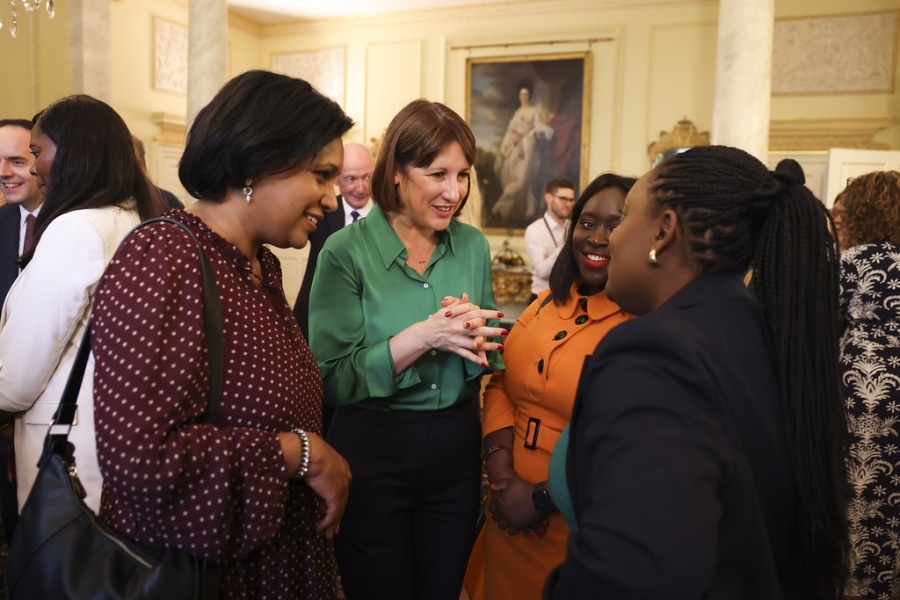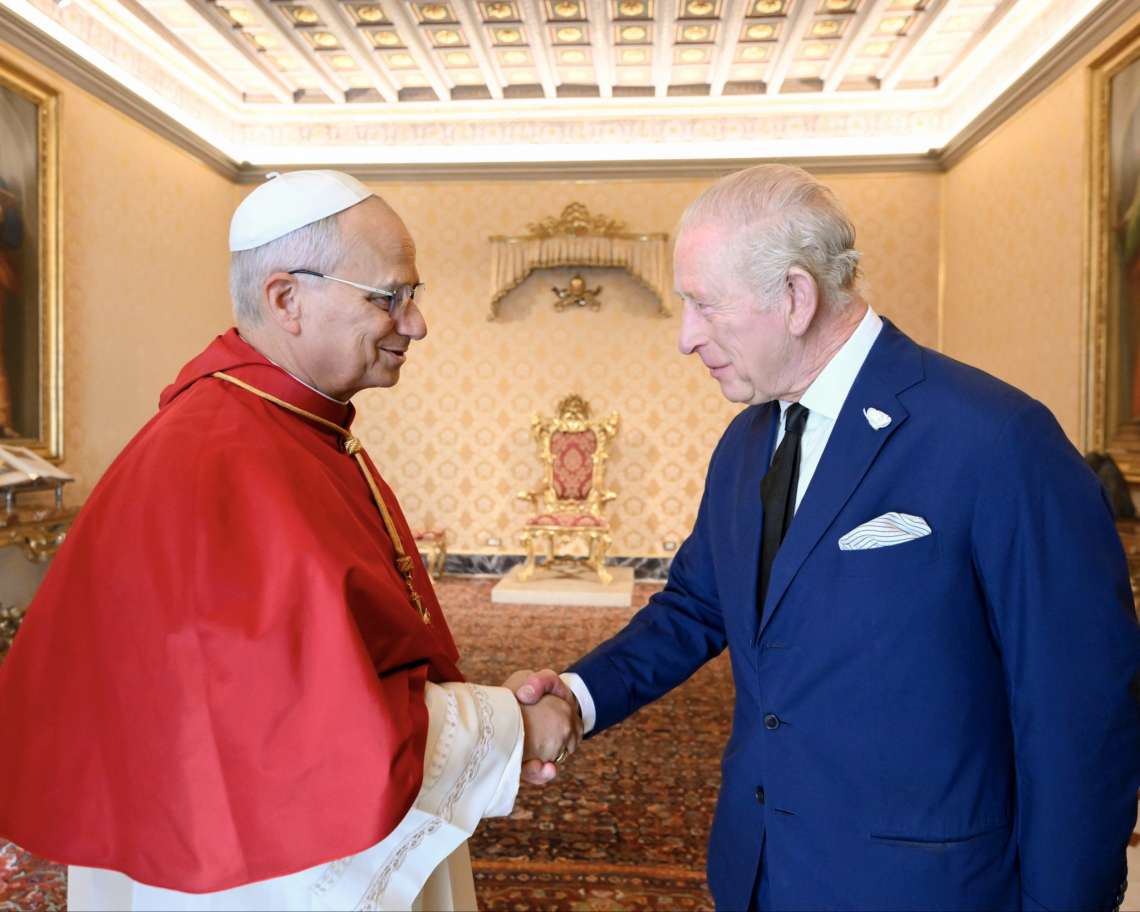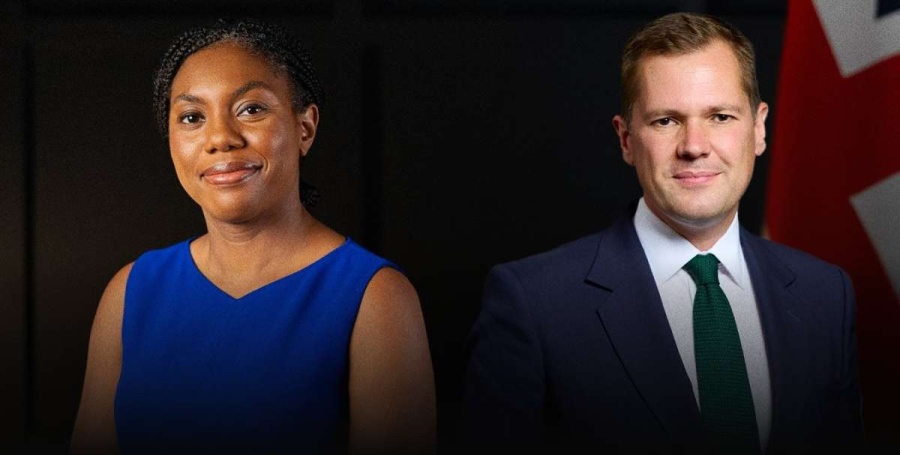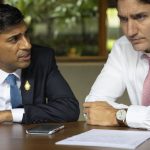The government has promised no return to “austerity” for public services and a boost to government investment, designed to kickstart growth…reports Asian Lite News
Chancellor Rachel Reeves will need to come up with billions of pounds more to meet the government’s pre-election promises, according to calculations by influential think tank the Institute for Fiscal Studies (IFS).
The government has promised no return to “austerity” for public services and a boost to government investment, designed to kickstart growth.
But to honour those commitments the chancellor will need to “grasp the nettle” and come up with £16bn more on top of £9bn tax rises set out in the Labour manifesto, the IFS said. The chancellor is finalising details of her first Budget, to be announced on 30 October.
Reeves will set out how she plans to meet a raft of manifesto promises against a tangle of self-imposed restrictions on borrowing, spending and debt. It will be the government’s first big set-piece, an opportunity to set out its priorities and values, and to reset the political tone after a backlash over clothing and hospitality donations.
There is an expectation that more of the tax burden will fall on higher earners, following the government’s surprise decision to limit winter fuel payments to the poorest pensioners. Some also hope for an end to the two-child limit for benefit payments. But Reeves’ first Budget comes against a backdrop of higher debt following the pandemic, higher interest payments to finance that debt and inflation that has only recently returned to normal levels. A growing and ageing population and the climate transition impose additional challenges.
The new government had inherited an “unenviable” situation with the public finances, the IFS said in its regular pre-Budget analysis of the public finances. Growing pressures on health and pensions, combined with falling revenues from fuel and tobacco duties made the situation harder, but tough decisions were necessary, IFS director Paul Johnson said.
“If Reeves does not grasp the nettle on 30 October, it could come back to sting her again before the next election,” Johnson said. There has been much debate over what taxes might be increased to cover the gap.
At the election Labour promised not to increase taxes on “working people”, and said it would not raise VAT (value added tax), income tax or National Insurance.
However, on Wednesday, Prime Minister Keir Starmer did not rule out a possible increase in National Insurance contributions paid by employers, raising speculation this could be a Budget measure.
The IFS, working with economists at investment bank Citi, calculated how much extra revenue the chancellor would need to find to avoid sharp cuts in public services. That is based on her pledge to ensure day-to-day spending is paid for with tax revenues.
Economic forecasting is not precise; stronger than expected growth could give the government greater room for manoeuvre, while weaker growth might mean cuts were still required.
The IFS said on their own the £9bn tax rises already planned by the chancellor, might be enough to maintain spending at current levels, including taking inflation into account, although the forecast was so tight it was “on a knife edge”.
However, many public services including prisons, higher education and local government are struggling to meet current needs. Pressures are expected to grow, especially in social care and the NHS and the government has pledged additional healthcare staff and other reforms.
To meet that growing need without public services deteriorating and to fulfil manifesto promises, the IFS said real-term spending would need to rise in line with the size of the economy, or around 2.8%, requiring the extra £16bn in funding.
Spending increases that simply keep pace with inflation, or even ones that keep steady as a proportion of the size of the economy, would not be enough to transform public services, the IFS warned.
Even the larger increase remains much less generous than the 3.3% increase Rishi Sunak pledged in 2021. When Boris Johnson announced an “end to austerity” in 2020 he pledged a 4.1% increase in average year-on-year spending, the IFS said.
The new government has also pledged to boost investment. However, the chancellor has indicated she is likely to treat spending for investment as separate from day-to-day spending, and consider borrowing more to fund it.
She is also widely expected to change the way the UK’s debt burden is measured and as a result what constraints are made on government borrowing. Before the election Labour said it would stick to Conservative pledges to have debt falling as a proportion of economic output by the fifth year of the forecast.
The IFS said increased investment was an important component in addressing the UK’s low growth, but said “significant extra borrowing to fund that investment would be risky”.
The UK had elevated debt levels, substantial borrowing and a current account deficit, meaning it imports more than it exports, which left it more vulnerable than the euro area or the US over borrowing pressures.
“Some additional investment may therefore need to be financed through higher taxes,” the IFS said. The government has said it will publish a 10-year infrastructure strategy next spring, which will include housing and schools as key economic infrastructure.
The strategy will be overseen by a new body, which it said would “get a grip on the delays to infrastructure delivery that have plagued our global reputation with investors”.
ALSO READ: Religious hate crimes hit record high














